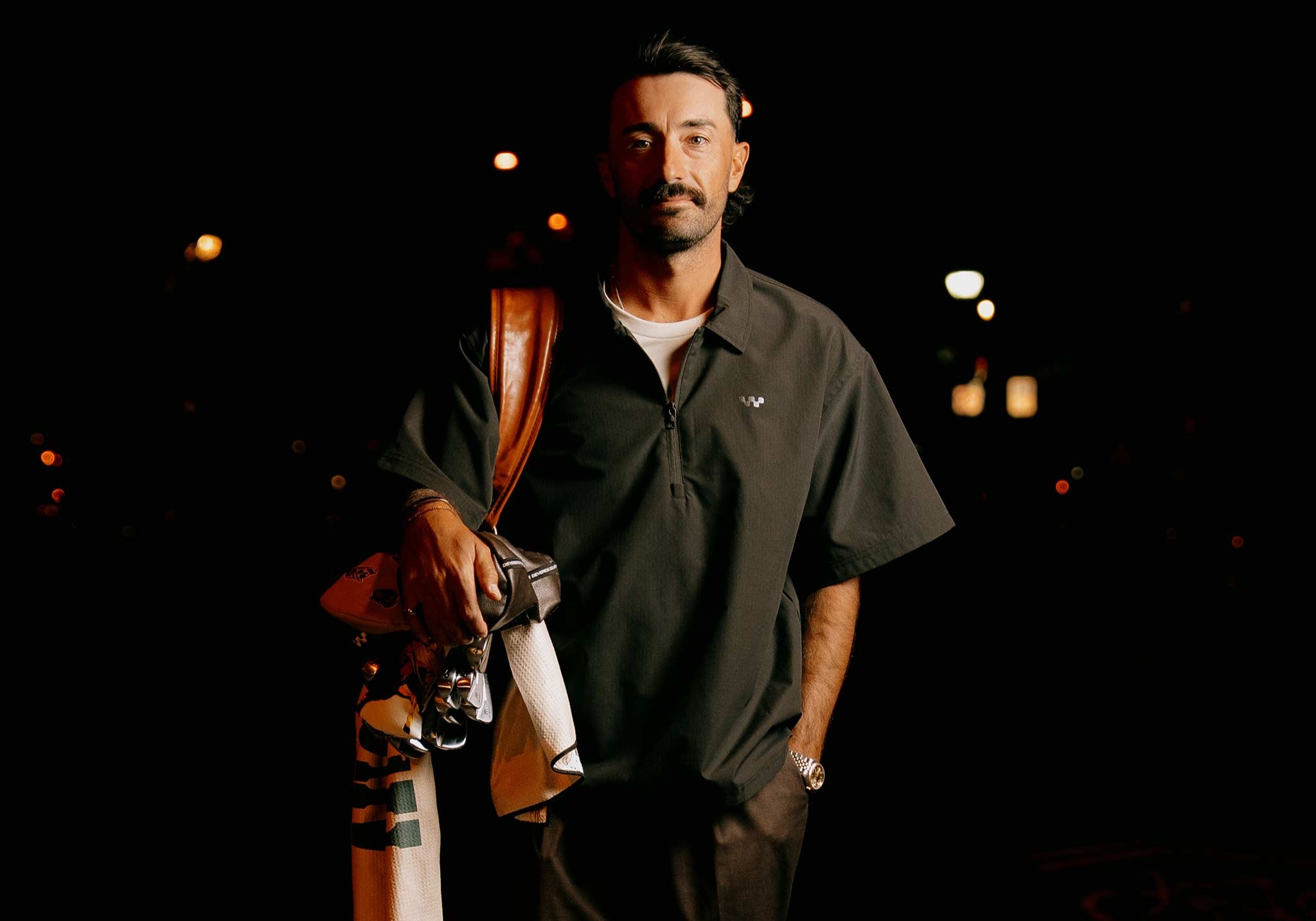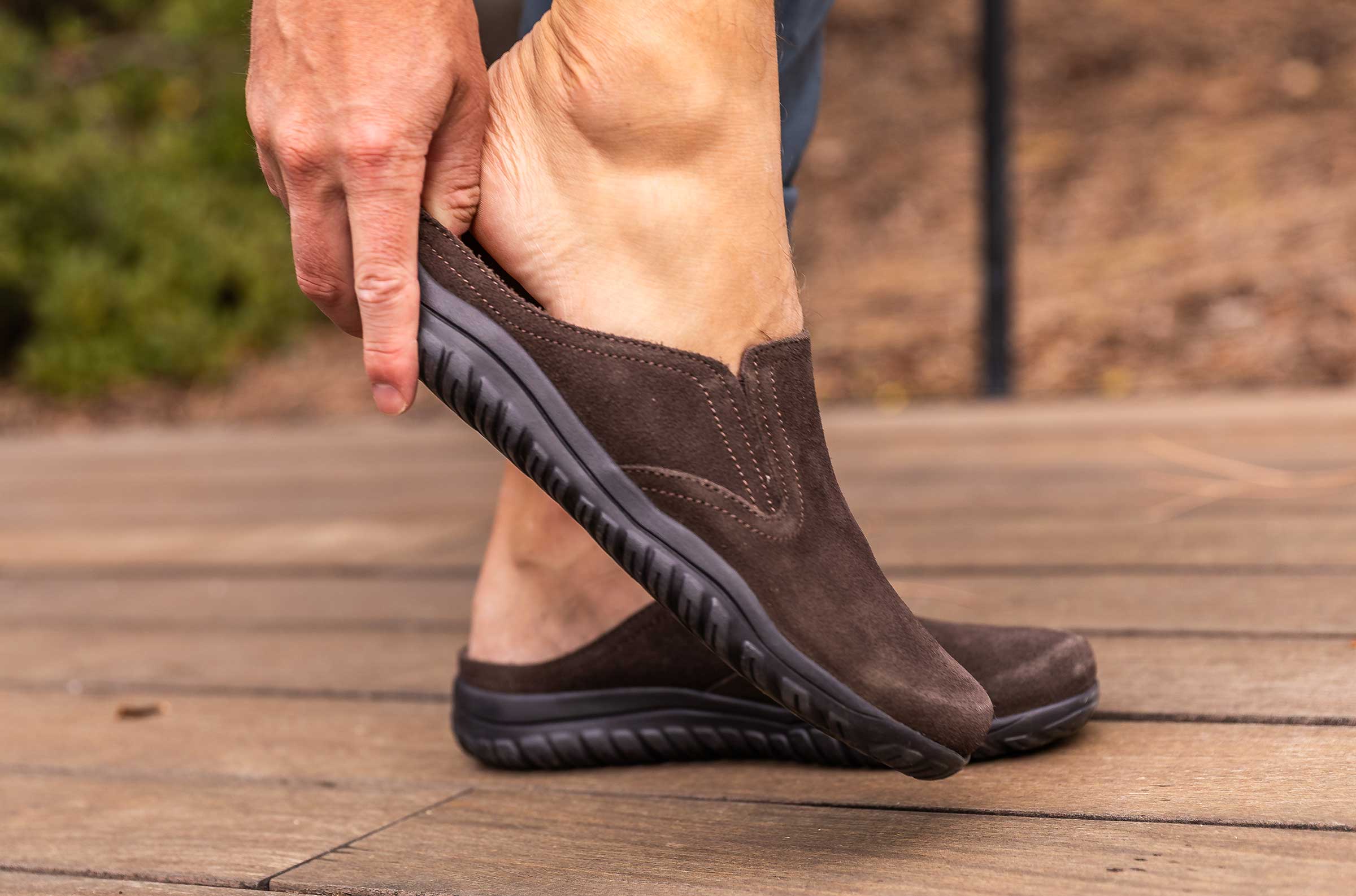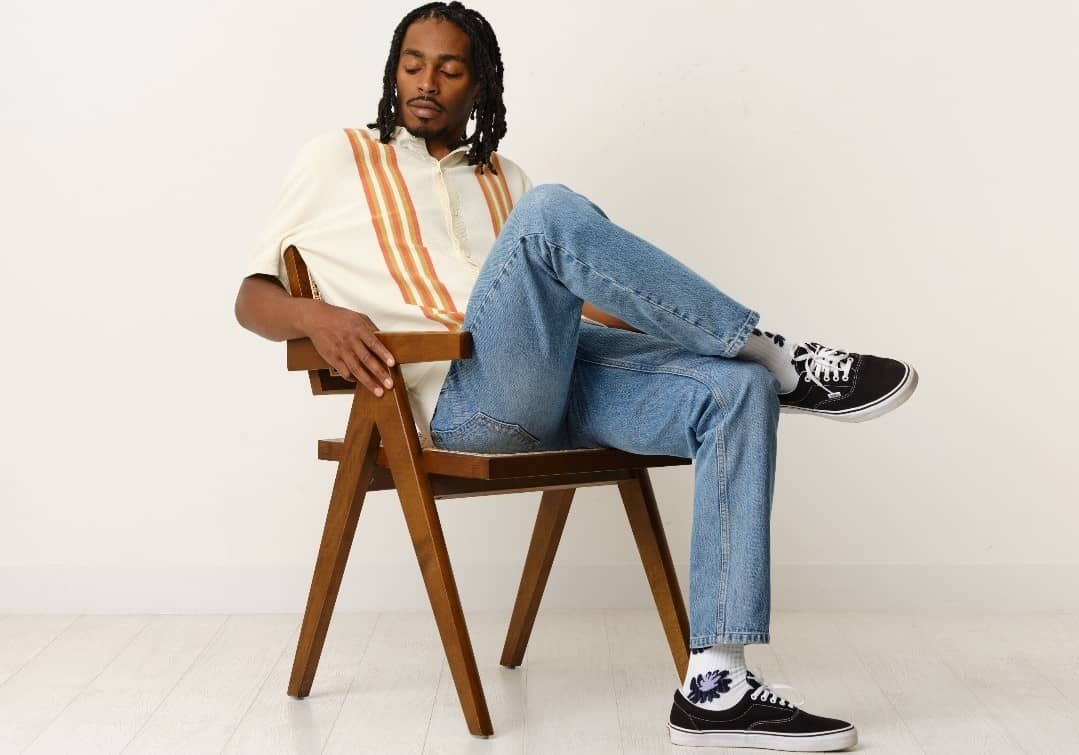8 Best Fleece Lined Pants For Men: Stay Warm All Of 2025
Dec 23, 2025The Gift: Becoming a Gender-Specific Men’s Health Practitioner in 2025
- Dec 8, 2024
- 0 Comments
811

Part 1
During the holiday season, we often reflect on what we’re grateful for and what gifts we might want to receive or give to those we love. One of the greatest gifts I have been given involves my family and my work with men and their families.
It has been said that the two most important days of our life are the day we were born and the day we found out why. I was born on December 21, 1943. I found out why was November 21, 1969, the day our first son, Jemal, was born. When I held him in my arms, I made a vow that I would be a different kind of father than my father was able to be for me and to do everything I could to create a world where fathers were fully healed and engaged with their families throughout their lives.
Following the birth of our daughter, Angela, on March 22, 1972, I launched my website MenAlive.com. Like many parents who have boy children and girl children, I soon became fascinated with their similarities and differences. Many things followed the gender norms that we tend to associate with male or female qualities. Despite giving them a range of toys to play with, our son was drawn to toy cars and our daughter was drawn to dolls.
We usually think of boys and men as being the risk-takers, but in our family, Angela was the risk-taker. Growing up in California, summer fun usually involved water sports so getting the children accustomed to water was something we started early. Angela loved the water. As soon as she could walk she toddled into the deep end of the community pool in our neighborhood. She immediately sank to the bottom and I had to dive in to rescue her. Pulling her own and admonishing her, I was sure she would never do that again. But I was wrong. As soon as our heads were turned, she scampered to the pool’s edge and repeated the process. She learned to swim very quickly or she wouldn’t still be here.
When I finished college at U.C. Santa Barbara in 1965, I applied and was accepted into several medical schools. I chose U.C. San Francisco and had visions of becoming a psychiatrist so I could help men like my father who had taken an overdose of sleeping pills when I was five years old after he had become increasingly depressed because he felt he couldn’t make a living to support me and my mother.
I grew up wondering what happened to my father, when it would happen to me, and how I could prevent it from happening to other families. I wrote about my father’s healing journey in my book, My Distant Dad: Healing the Family Father Wound.
I found traditional medical education too restrictive at the time and I transferred to U.C. Berkeley’s School of Social Welfare where I earned a master’s degree in Social Work in 1968. I began a PhD program at the same time, but found I was doing research about issues with which I had little life experience. After many years working in the field, I returned to school and earned a PhD in International Health.
Even before I had children sex and gender issues were on my mind. When I began medical school in 1965, nearly all the students were male. When I transferred to social work, nearly all the students were women. When I graduated in 1968 and began getting interested in men’s health issues, there were very few professionals working in the field.
In was a time when feminism was on the rise. I still have my paperback copy of Betty Friedan’s The Feminine Mystique with the $.75 price posted on the cover. I had bought the book when it first came out in 1963 and discussed it with my wife as we contemplated marriage. After publishing The Feminine Mystique, one of the best-selling books of the 1960s, Betty Friedan led a life of political action on behalf of feminism that led to a reformation of American laws and culture. She helped found the National Organization for Women in 1966, an organization that won notable legal and political victories for feminism. Friedan believed the future of civilization depended upon women choosing a new, career-focused way of life.
The first chapter of Friedan’s book was titled, “The Problem That Has No Name.” She described the increasing dissatisfaction that women were feeling in the 1960s.
“The problem lay buried, unspoken, for many years in the minds of American women,”
said Friedan.
“It was a strange stirring, a sense of dissatisfaction, a yearning that women suffered…She was afraid to ask even of herself the silent question, ‘Is this all?’”
My wife was questioning the roles that she and other women were being told they must follow. I was dealing with similar questions about the male role. I had seen my father nearly die because he felt he was a failure at the traditional “breadwinner” role for men. I certainly wanted to be successful in the world of work, but I also wanted to be successful as a husband and a father.
I saw the emerging women’s liberation movement as being a movement for men’s liberation as well. In my mind, if women were breaking out of old sex and gender roles that meant men could break out of the complementary roles that were restricting men. Although some feminists I encountered in the 1960s saw men as allies, most did not.
I remember going into San Franciso one Saturday in 1965 and visited a feminist bookstore. I was alone, but always loved to explore bookstores and look for interesting books. I was immersed in the glorious world of reading and didn’t notice the young boy who kept bumping into me as the walked the isles pulling out books that could my attention. I finally noticed him and smiled as he walked by. On the next pass, he pushed a piece of paper into my hands.
At first I thought this was a playful game the boy was initiating until I read the note. My heart broke when I read it. In the scrawling handwriting of an eight-year-old it said, “We don’t like men in this store.” I looked up and saw the woman behind the desk looking at me, obviously the boy’s mother. I don’t know whether she would have approved of the note he left or what messages she passed on subconsciously, but it pained me to think about what this boy would feel about himself as a male as he grew older.
Training Men to Work in the Helping Professions
Richard V. Reeves is the founding president of the American Institute for Boys and Men (AIBM) and author of the book, Of Boys and Men: Why The Modern Male is Struggling, Why It Matters, and What to Do About It. He says,
“Mental health needs are pervasive among men, yet the share of men meeting those needs in mental health professions is low and declining.”
He goes on to say,
“Men account for only 18% of social workers and 20% of psychologists, down from a male share of 38% in social work and 68% in psychology in 1968″.
I was fortunate to have been healthcare professional who specializes in working with men and their families for many years. It has been a wonderful profession that I have enjoyed for more than fifty years. I have been able to do work I love, with people I care about, and make a great living for myself and my family.
Beginning in 2025, my MenAlive Academy for Gender-Specific Healthcare is planning to offer trainings for the following groups:
- Men who are trained and licensed professionals in fields including medicine, psychology, social work, marriage and family counseling, who want to specialize in working with men and their families.
- Male practitioners including coaches, facilitators, healers, who currently work with men but want to add to their skills and professional success.
- Male professionals, including those from the business world and other fields, who would like to develop expertise to work to improve men’s mental, emotional, and relational well-being.
If you would like to get more information about me and my work, you can visit me at www.MenAlive.com. If you would like to get more information about upcoming trainings, please email me: [email protected] and put “Men’s Training” in the subject line. If you know men who may be interested, please share this information with them.
I will be writing a series of articles to share more information about why men should consider becoming professionally involved with helping men and their families. If you are not already subscribed to my free weekly newsletter, you can do so here:
https://menalive.com/email-newsletter/ .
Publisher: Source link







